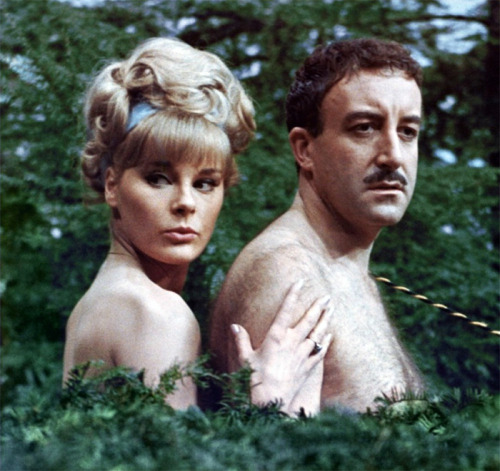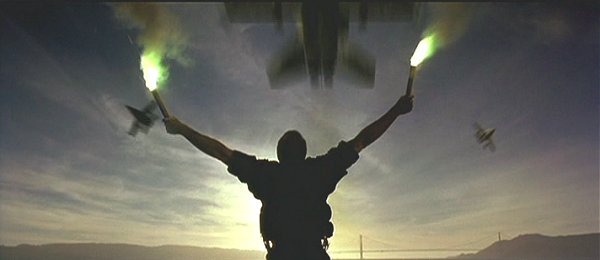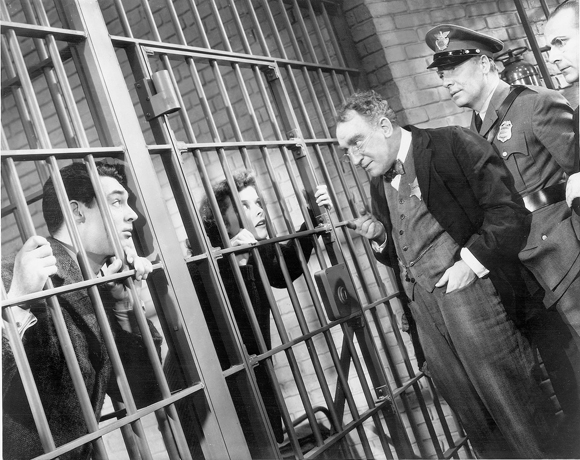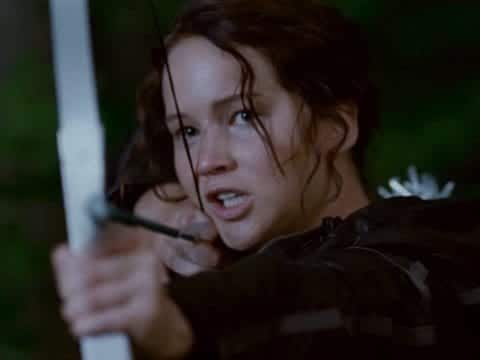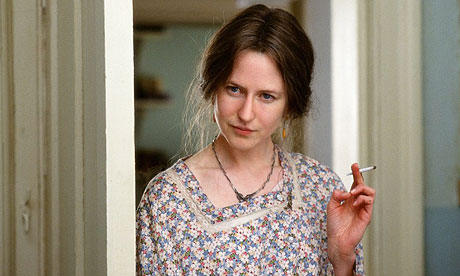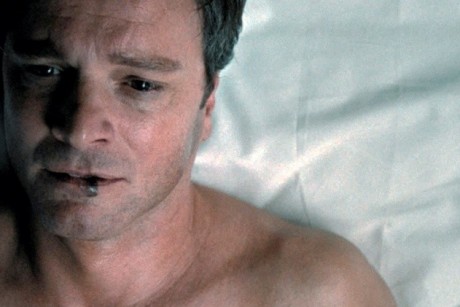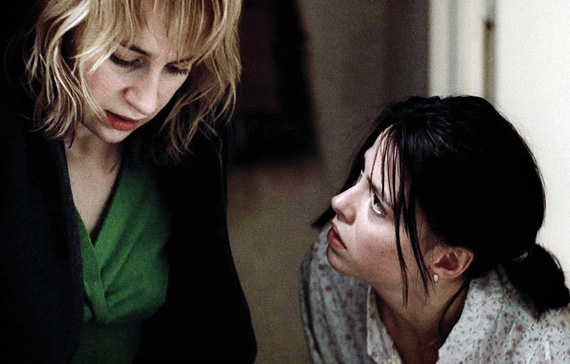The Blues Brothers (1980) directed by John Landis
I had no idea that The Blues Brothers was actually an action movie that rivals Fast Five and The Road Warrior in car crash mayhem. Indeed the chase sequences in this film are beyond absurd with cars purposely running into each other creating literal traffic pile ups. There are also two scenes where entire sets are inexplicably blown up in typical Hollywood fashion. Mayhem, chaos and disorder are at the heart of The Blues Brothers which combines its outrageous destruction of property with equally zany comedy and amped up musical numbers. What results is an action comedy musical unlike most others.
Jake (John Belushi) and Elwood (Dan Aykroyd) are the Blues Brothers who have decided to get the band back together to raise the $5000 the orphanage that raised them needs to stay in business. Along the way they anger the cops, some Nazis, another band, and a psychotic woman out to kill them. The plot isn't really the selling point here; it is the chaotic atmosphere of the film that hooks you in. Belushi and Aykroyd gives the film the charisma and humor it needs to drive the film forward. They are helped by fantastic cameo appearances by musical legends such James Brown, Cab Calloway, Aretha Franklin and Ray Charles who provide impromptu performances that gives the film the vibe of a live action concert. I don't know if they did their own singing but Belushi and Aykroyd's musical numbers are great as well.
The Blues Brothers seems to be more of a celebration of music and comedy mayhem than an actual film. For the most part it is fun entertainment albiet a little on the long side. It's as if they had so many things planned for the movie they didn't know what to leave out so they just threw it all in there. Does the film need this many car crashes and explosions? Perhaps not, but for the most part these scenes work out and some, like the final chase, are choreographed quite well.
Grade: B+
I had no idea that The Blues Brothers was actually an action movie that rivals Fast Five and The Road Warrior in car crash mayhem. Indeed the chase sequences in this film are beyond absurd with cars purposely running into each other creating literal traffic pile ups. There are also two scenes where entire sets are inexplicably blown up in typical Hollywood fashion. Mayhem, chaos and disorder are at the heart of The Blues Brothers which combines its outrageous destruction of property with equally zany comedy and amped up musical numbers. What results is an action comedy musical unlike most others.
Jake (John Belushi) and Elwood (Dan Aykroyd) are the Blues Brothers who have decided to get the band back together to raise the $5000 the orphanage that raised them needs to stay in business. Along the way they anger the cops, some Nazis, another band, and a psychotic woman out to kill them. The plot isn't really the selling point here; it is the chaotic atmosphere of the film that hooks you in. Belushi and Aykroyd gives the film the charisma and humor it needs to drive the film forward. They are helped by fantastic cameo appearances by musical legends such James Brown, Cab Calloway, Aretha Franklin and Ray Charles who provide impromptu performances that gives the film the vibe of a live action concert. I don't know if they did their own singing but Belushi and Aykroyd's musical numbers are great as well.
The Blues Brothers seems to be more of a celebration of music and comedy mayhem than an actual film. For the most part it is fun entertainment albiet a little on the long side. It's as if they had so many things planned for the movie they didn't know what to leave out so they just threw it all in there. Does the film need this many car crashes and explosions? Perhaps not, but for the most part these scenes work out and some, like the final chase, are choreographed quite well.
Grade: B+



